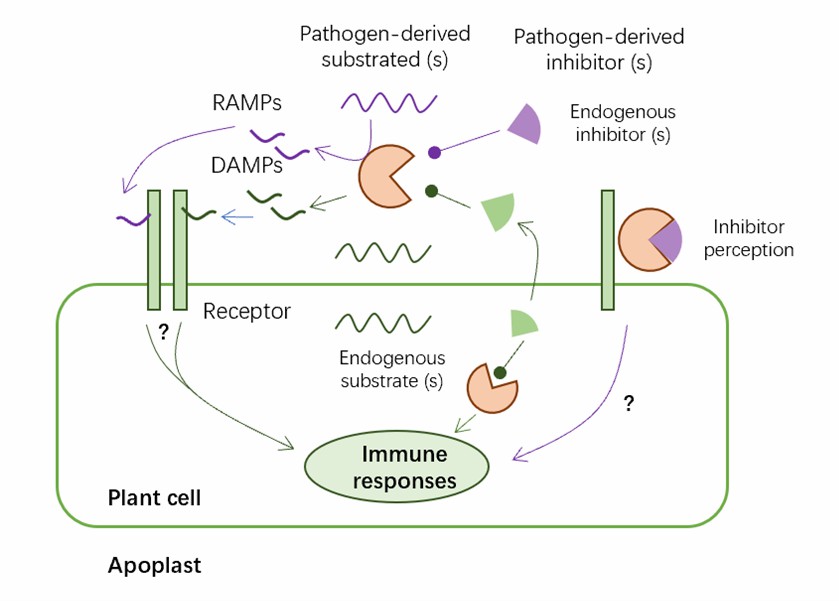We use cookies to understand how you use our site and to improve the overall user experience. This includes personalizing content and advertising. Read our Privacy Policy
Nematodes are one of the most diverse groups of animals on earth. Many nematodes can parasitize plants, causing significant damage including the destruction of plant material. For decades, the application of non-selective toxic chemicals to infested soils-controlled outbreaks of plant nematodes. The recent bans on most of these chemicals have redirected attention towards wider use of basal, broad-spectrum immunity to nematodes in crop cultivars. However, it is currently not known if this most ancient layer of immunity affects host invasion by plant nematodes at all. Basal immunity in plants relies on detecting molecular patterns uniquely associated with infections in the apoplast by surface-localized receptors.
Anti-nematode enzymes in plants, including papain-like cysteine protease, chitinases, and collagenases, are shown to be important factors that can attack nematode infection. Lifeasible develops an advanced platform equipped with advanced instruments and professional staff for the analysis of these anti-nematode enzymes in plants with a high standard. We customize featured services according to the customers' demand.
 Fig.1 Tentative model summarizing known and hypothetical functions of PLCPs during plant immune-signaling.
Fig.1 Tentative model summarizing known and hypothetical functions of PLCPs during plant immune-signaling.
Lifeasible offers services covering analysis of anti-nematode enzymes in plants to meet your research demands. With years of experience in plant science, our professional platforms can help our clients solve various difficulties. If you are interested in our services or have any questions, please feel free to contact us or make an online inquiry.
Get Latest Lifeasible News and Updates Directly to Your Inbox
Mechanisms Regulating Plant Chloroplast Biogenesis
April 15, 2025
We use cookies to understand how you use our site and to improve the overall user experience. This includes personalizing content and advertising. Read our Privacy Policy